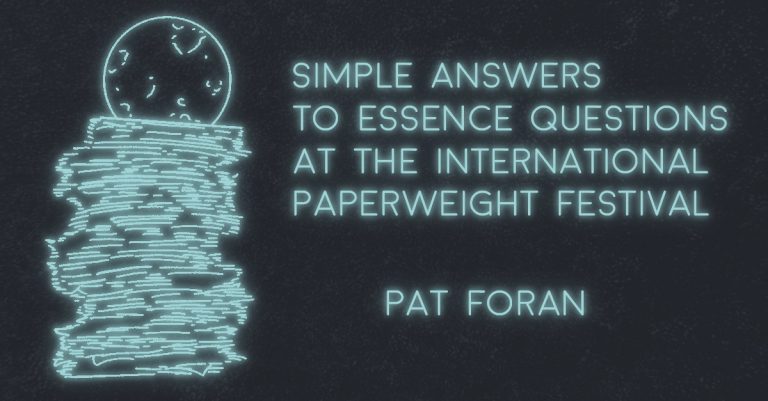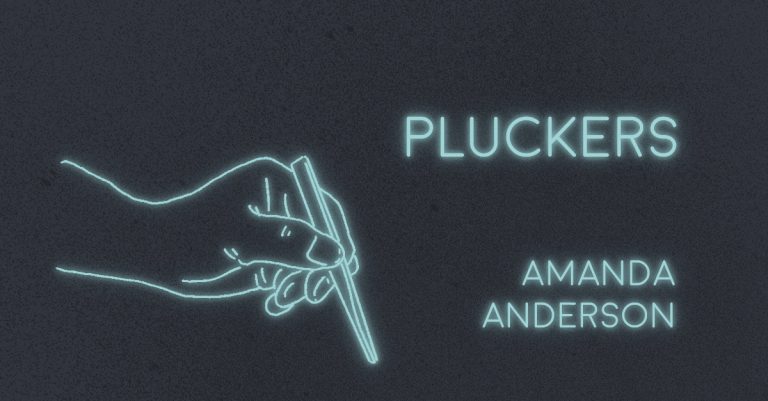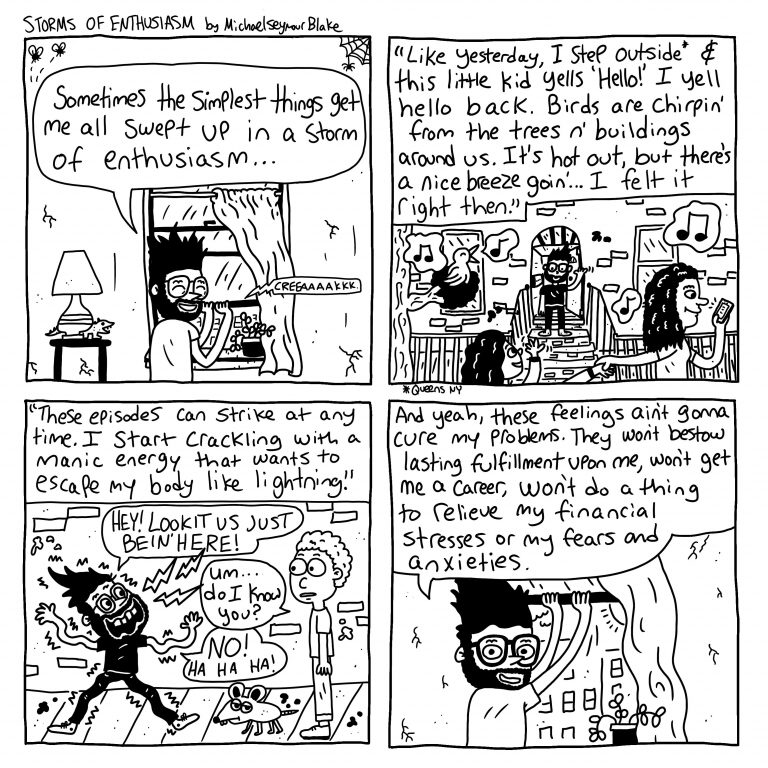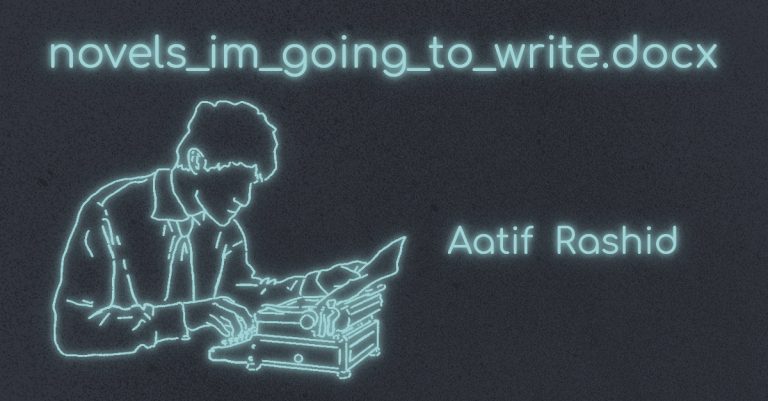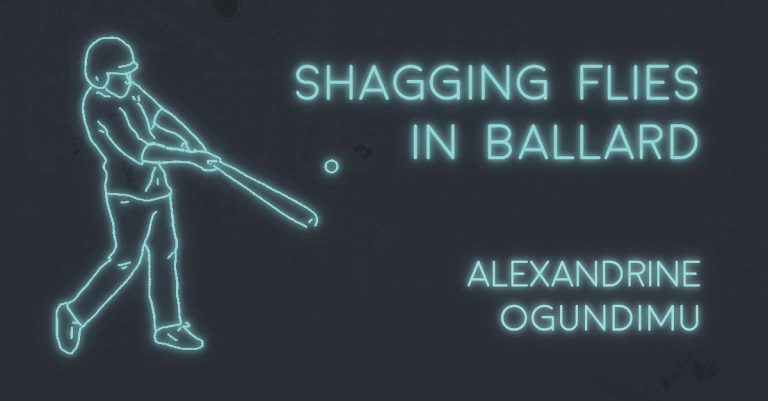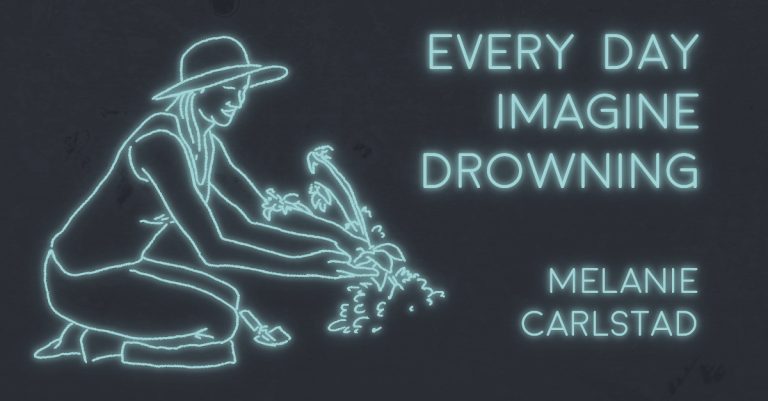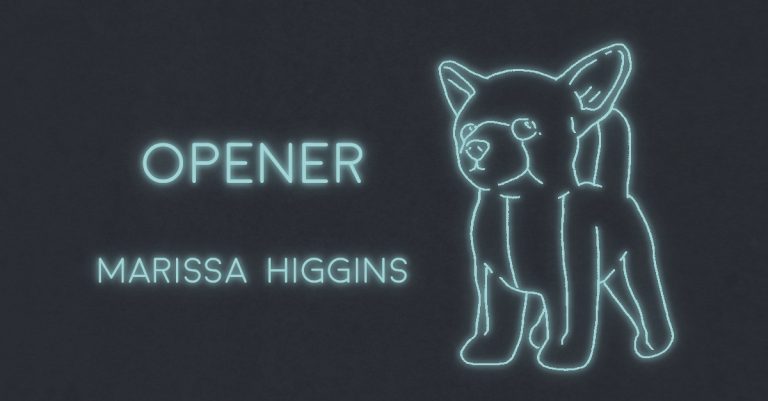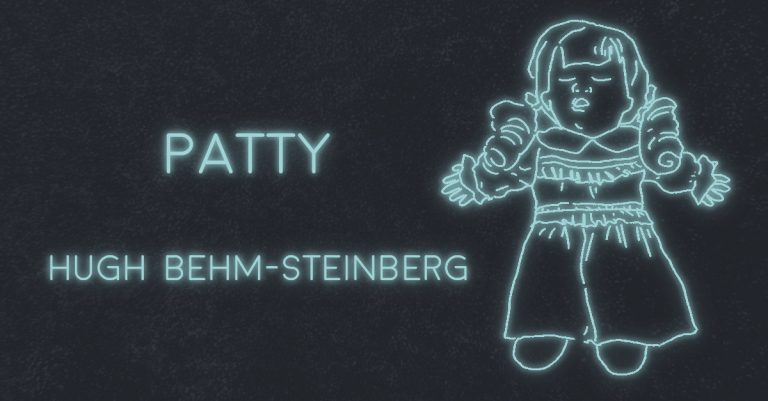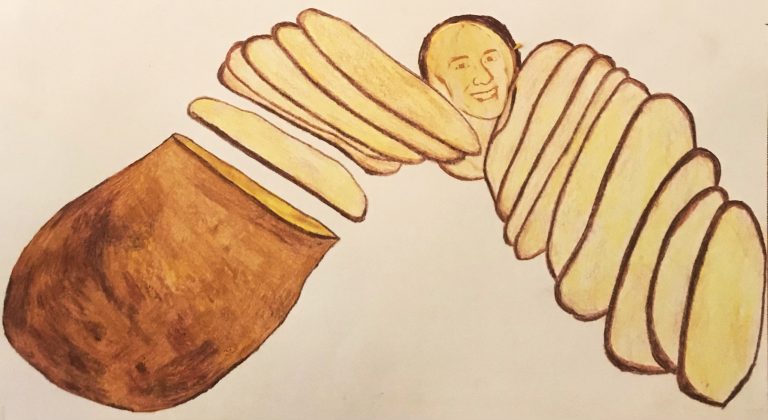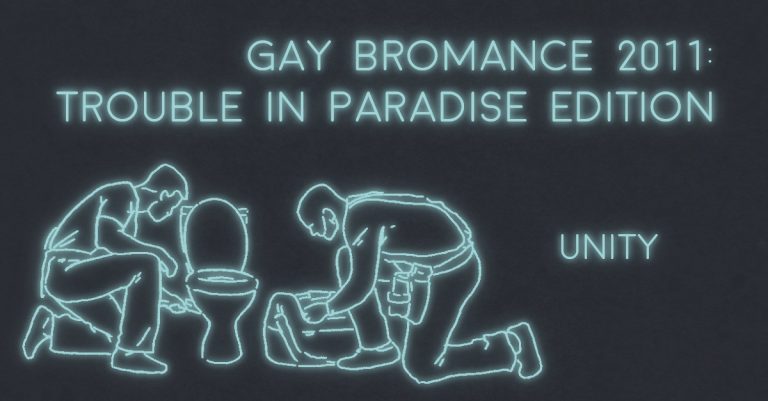
GAY BROMANCE 2011: TROUBLE IN PARADISE EDITION by Unity
After a five-month stint as an unpaid “gardening intern” at the Tennessee trans sex cult compound outside Smithville, after a month or so helping my sister catch painted buntings for science in the ruralest part of backwoods South Carolina, and, finally, after a month’s worth of dogsitting, also for my sister, in beautiful coastal Wilmington, NC, I went back to New York. Forrest, Hannah and Zibby picked me up in Baby Scribbla, Forrest’s antique Mercedes Benz – his first, to my knowledge, but certainly not last. The car couldn’t shift into fifth and so we skirted the Interstate wherever possible

